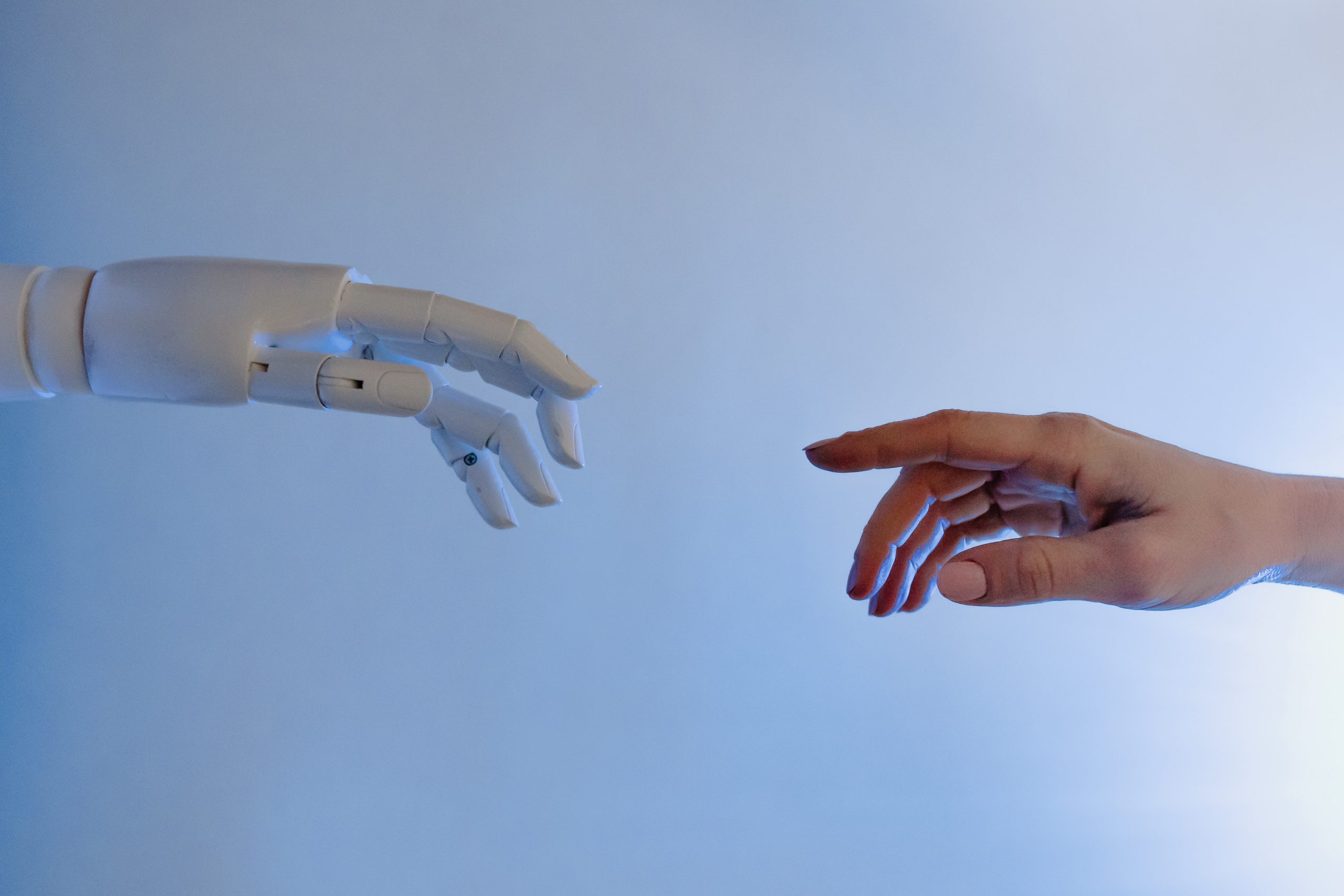New Research Paper: Here is an interesting concept for future development in acupuncture: “Artificial intelligence-directed acupuncture: a review”, in the Journal of Chinese Medicine.
How might this work? Wang (2022) and colleagues say that using computing, our ability to quantify, objectify and standardise acupuncture can be increased. Not only this, but using AI perhaps the research and outcomes from published data can be used to identify the best approaches, and even predict treatment outcomes.
It’s worth keeping in mind that from the acupuncturist’s perspective (an usually that of the patient, too), a large part of the appeal of acupuncture as a complementary medicine is that the patient is considered as an individual, and that even for the same condition, the treatment plan can vary from patient to patient as it is tailored to their need, therefore full standardisation is perhaps not the goal here, but more of a case of defining approaches and benefitting from looking at the data in novel ways.
The researchers do say that “The use of AI-based data mining has led to the discovery of hidden knowledge on acupuncture point selection and prescription.” As with any field where there is complexity, it is good to have alternative approaches and paths to choose from, and as practitioners, evidence-led there is always a combination of training and experience, alongside the updates and research insights that come through from the increasing research body.
At the moment the research is focussing on AI for common conditions that have large bodies of data and research for them, e.g. Osteoarthritis of the knee and dysmenorhhoea, and looking at particular pairs and combinations of points that arise in numerous studies.
Other uses for AI to analyse the research and effectiveness have been in the manipulation of needles, which has very many possible forms, including electroacupuncture as an adjunct.
An interesting area, which promises to deliver much insight in the coming years.
If you’d like to look into it more, a few other resources are below, including recent papers from Wang et al (2021), who predict more unified guidelines for specific TCM syndromes to come forth from AI-assisted TCM therapies in the future. Feng et al (2021) also weigh in on the ability to over come subjectivity by using AI; and Alice et al (2021) look into its application to pulse diagnosis in TCM.
References:
Feng, C., Shao, Y., Wang, B., Qu, Y., Wang, Q., Li, Y. and Yang, T., 2021. Development and application of artificial intelligence in auxiliary tcm diagnosis. Evidence-based Complementary and Alternative Medicine, 2021.
Feng, C., Shao, Y., Wang, B., Qu, Y., Wang, Q., Li, Y. and Yang, T., 2021. Development and application of artificial intelligence in auxiliary tcm diagnosis. Evidence-based Complementary and Alternative Medicine, 2021.
Wang, Y., Shi, X., Efferth, T. and Shang, D., 2022. Artificial intelligence-directed acupuncture: a review. Chinese Medicine, 17(1), pp.1-10.
Wang, Y., Shi, X., Li, L., Efferth, T. and Shang, D., 2021. The impact of artificial intelligence on traditional Chinese medicine. The American Journal of Chinese Medicine, 49(06), pp.1297-1314.

